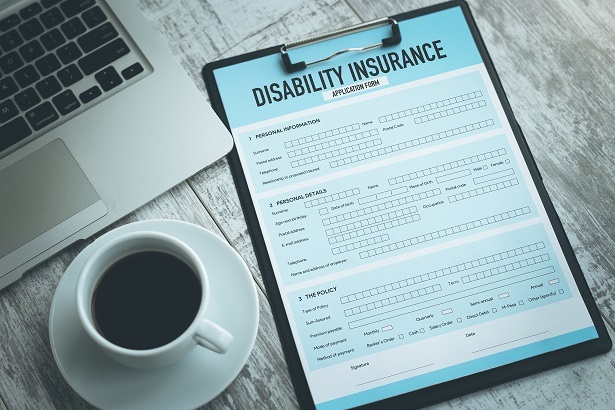Most car shoppers know they will need an auto insurance policy when they buy their vehicle, but many will be caught off guard when a lender offers them credit protection insurance during the auto loan application. Unlike a standard car insurance policy that is required by law, credit protection insurance is an optional add-on to a car loan. Although it can be worthwhile to opt into this insurance in some cases, it isn't right for everyone. Learn what credit protection insurance is, the pros and cons, and some alternative options.
What is Credit Protection Insurance?

Credit protection insurance, sometimes referred to as “payment protection insurance", can apply to any kind of debt including credit card payments, mortgages, or car loans. Credit protection is an optional safety net in the event you can no longer pay due to disability, unemployment, or other emergency circumstances. Instead of paying you directly like traditional disability insurance, credit protection insurance pays your lender so that you stay up to date on your loan.

According to the Consumer Financial Protection Bureau, there are 4 types of credit protection insurance types outlined below. The organization warns consumers that a lender is not legally allowed to force you to buy credit protection insurance and if you are told it's required, don't move forward.
- Credit life insurance: Pays off all or some of your loan if you die.
- Credit disability insurance: Makes payments on the loan if you become ill or injured and can't work.
- Involuntary unemployment insurance: Makes your loan payments if you lose your job due to no fault of your own, such as a layoff.
- Credit property insurance: Protects personal property used to secure the loan – in the case of an auto loan this would be your car – if it is destroyed by events like theft, accident, or natural disasters.
The cost of credit protection insurance varies depending on the type of insurance, your credit history, and outstanding debt. Lenders, including banks and credit unions, may offer you credit protection insurance when you apply for an auto loan so it's a good idea to be familiar with the advantages and drawbacks beforehand.
Find a Great Rate on Your Car Loan
Pros and Cons

The biggest advantage of getting auto loan credit protection insurance is peace of mind. If you can no longer work due to disability or unemployment, having to keep up with car payments along with all your other expenses can be difficult. Not having much saved up for a rainy day is a common problem in the U.S. An alarming survey from Bankrate shows that 28% of U.S. adults have no emergency savings at all, and 25% do not have enough money to cover three months’ worth of living expenses.
The inability to keep up with your car loan payments not only leads to stress and threatening letters from your lender, but it can also lead to your vehicle getting repossessed and your credit destroyed. When you buy credit protection insurance, you will pay more on your loan monthly, but you will not have to encounter the stress of missed payments, potential repossession, and the inability to make large purchases in the future due to damaged credit.
This peace of mind does not come without a price. Credit protection insurance will get wrapped into your loan and you will pay additional interest on top of the higher monthly payments. According to NerdWallet, research conducted by consumer rights groups like the Center for Economic Justice shows that credit insurance premiums are usually more expensive than traditional insurance. There may also be exclusions like certain health-related issues that are not covered by the policy. Before you purchase credit protection insurance, read the details of the policy carefully and consider the extra costs, then weigh them against the alternatives.
Alternatives for Credit Protection Insurance

Credit protection insurance is not the only way to protect your assets and your credit score in the event of a financial emergency. If you are employed full-time, your benefits may already cover you in case of a disability or illness for up to 6 months.
Traditional disability and life insurance policies can also cover your obligations if you can no longer make your payments. Unlike credit protection insurance, these types of policies pay you directly so that you or your family can use the funds to cover your auto loan expenses and various other obligations. Compare the rates of traditional insurance policies to credit protection insurance and select the most cost-effective option.

Another alternative is to take the money you would have otherwise spent on credit protection insurance and pay yourself by putting it into a savings account in case of a financial emergency. This route lets you bypass paying extra in interest and you can use the funds as needed in the future. If you determine credit protection insurance is the best route, make sure you're choosing a reputable company and that you understand the terms and conditions (including the fine print) of the coverage before opting in.


